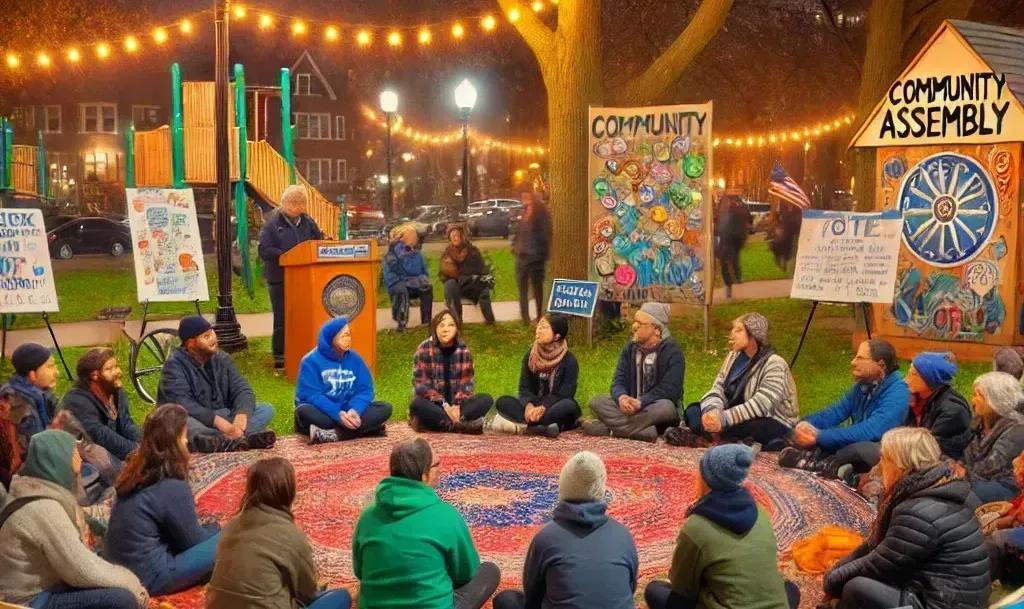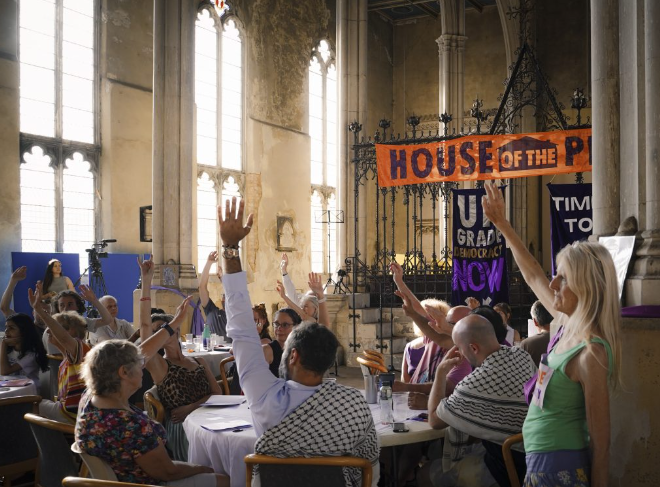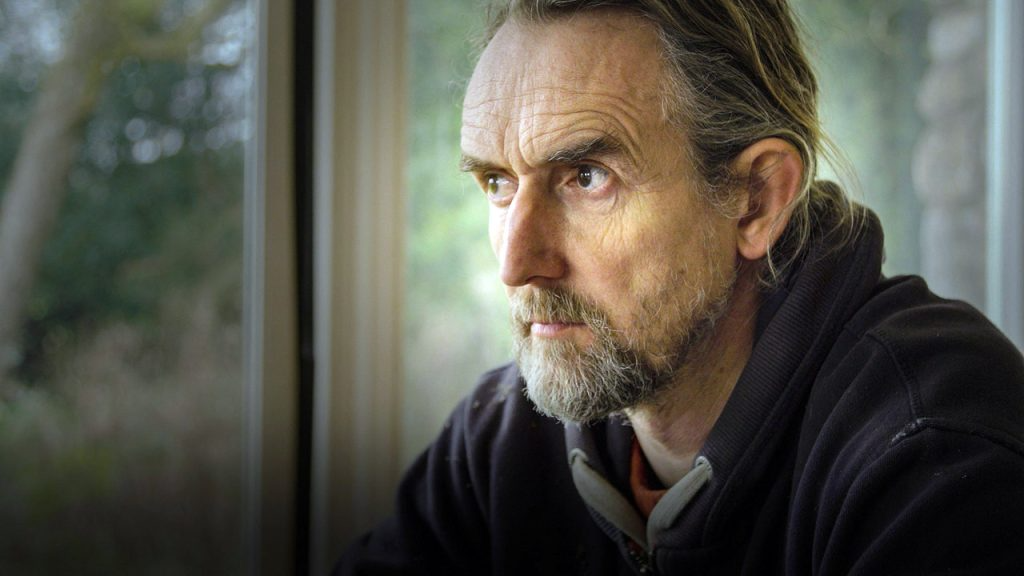👪 How to Stop Fascism
It's through connection, not ideology, that we will win the revolution.

One word. Proximity. Let me explain.
In a now largely forgotten book published in 1989 called Modernity and the Holocaust, Polish-Jewish sociologist Zygmunt Bauman examined the overwhelming evidence for why the Holocaust happened. It required a gang of political adventurers who seized control of the German state, wielding its immense organisational and industrial capacity. But this still leaves the question of how they managed it. In a key section titled Social Proximity and Moral Responsibility, Bauman argues that the decisive factor wasn’t ideology but the creation of psychological and physical distance between Jewish people and the rest of the population.
In 1933 the Nazis called for a boycott of Jewish businesses. It failed because too many non-Jewish Germans personally knew their local Jewish shop owners and felt a moral responsibility not to harm them. The Nazis learnt from this and, over the next decade, progressively reduced the proximity between Jews and other Germans. Jewish people were forced to wear identifying badges, then moved into camps, and ultimately, when they were murdered, the separation had become so vast that most people felt no moral responsibility to intervene.
To prevent fascism, we must do the opposite. A pro-social movement of political adventurers must take control of the state and progressively increase proximity. Proximity—not "economic growth"—is the key determinant of a flourishing civilisation. It’s what people truly crave: to connect, to sit down in small groups and talk. We care about "politics" and "self-interest" only to the extent that they foster this connection. Love—mutual care and recognition—is humanity’s foundational need. This truth spans the social sciences and is echoed in the wisdom traditions.

Let me give a few examples. In my award-winning research at King’s College London I showed that if people sit in small circles to discuss a social issue (with biscuits on the table!) for most of a public meeting, 80% leave feeling empowered. In contrast, only 20% feel empowered after a conventional meeting with a series of speakers and no small group discussion. Research shows most people initially attend campaign meetings not for political reasons, but because a friend invited them or they seek human connection. A Harvard study on negotiation found the single biggest predictor of success is whether the other party personally likes you. The early Christian church, one of the most successful movements in history, didn’t convert people through doctrinal persuasion but by fostering friendships. The evidence is overwhelming. "It’s absolutely fantastic," one trade union leader told me after restructuring his events around small group discussions.
Progressives and the Left fail repeatedly because they are wedded to an Enlightenment secular religion that assumes people respond to ideas over emotions and ideology over connection. They’re embarrassingly mistaken. Fascist men, for instance, often abandon their views after forming personal relationships—such as getting a girlfriend. There are countless stories of individuals entering far-right spaces, listening, building personal connections, and subsequently helping others to leave those spaces. During the recent English riots a group of Muslims, faced with an angry crowd outside their mosque, offered food and listened to people’s concerns. Conversations ensued, tensions eased, and constructive dialogue began.
I’ve given over 200 public talks on the climate crisis, often with right-wing conspiracy theorists turning up to disrupt. I never argue with them but thank them for sharing their views and invite them to discuss afterwards. I take them aside in a small group, summarise their questions as they speak, and they continue talking. It works wonders. One of the main right-wing conspiracy theorists in the UK even shook my hand afterwards. Proximity can build a connection in minutes.
Of course this doesn’t work every time, and ideas have their place. But as Carl Rogers, one of the most influential psychologists of the last century discovered, listening with "unconditional positive regard" is the single most effective way to promote personal healing and growth. Rogers sparked a counselling revolution, transforming therapy. We need a similar revolution to transform politics. Change won’t come through conventional politics but by circumventing it. We must create proximity directly—through door-knocking and local assemblies organised around small group listening.
This is the next political revolution. I’m convinced that new movement parties could rise from zero to winning local and national elections in six months with these methods. We’ve already seen similar success with new parties in recent years. But it needs perfecting. A national project would require around £1 million to get started. Anyone with money out there would see a far better return by investing in this method to counter the far-right threat, rather than wasting funds on conventional political strategies.
We can either build a new civilisation based on closeness and connection or let humanity destroy itself by ignoring how we actually function. Getting this right, right now, is of utmost importance. You know exactly what I mean.
If you want to join the social movement that will create this revolution, sign up at timetoassemble.org.
I am running this fundraiser to help keep this vital work going while I am locked up. I will take none of your money for myself. The teams I work with will use it to run the platforms to promote this global strategy and help set up and support national initiatives. I am convinced we can unlock millions in funding as people with money realise we need a bottom-up democratic revolution and want to help people with a track record of creating mass mobilisations.
This is not the time to pretend this money is just for another campaign. Those days have gone. Think of what you could give and then double it again. Remember, it won’t be worth much in a decade, will it? Give every monthly and help build this movement.
I may be in prison for a while, but I am committed to spending this time in my cell, supporting movements in any way I can. This is my life. Thank you so much for your support.
